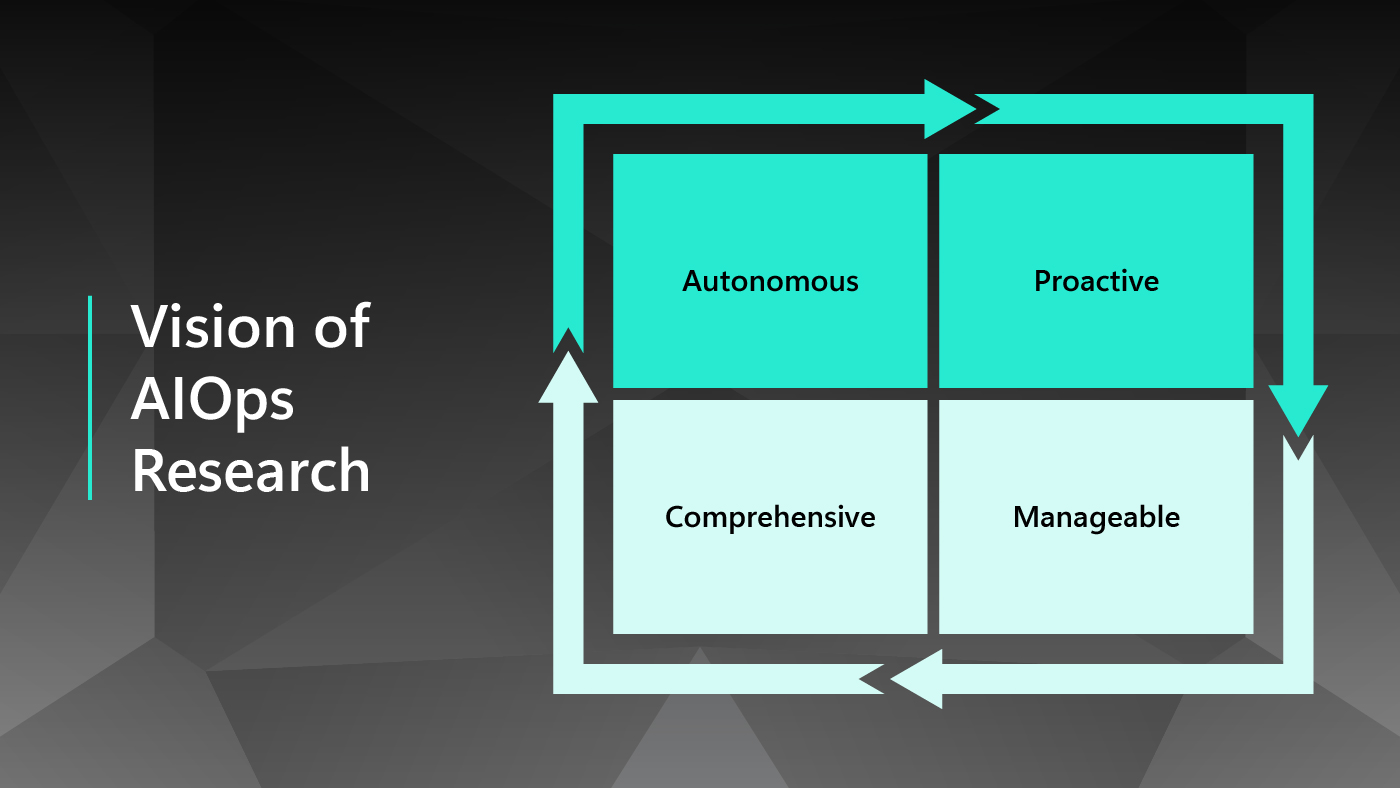By Vani Mandava, Director, Data Science, Microsoft Research
The National Science Foundation has launched a new solicitation in 2017 for the advancement of data science research and applications. The solicitation, titled Critical Techniques, Technologies and Methodologies for Advancing Foundations and Applications of Big Data Sciences and Engineering (BIGDATA), is inviting proposals under two categories: Foundations (F),focusing on fundamental computational sciences with broad applicability to big data problems; and innovative applications (IA) targeting translational activities in the domain sciences combined with methodological disciplines including statistics or modeling.
Microsoft is among the companies providing cloud credits for the qualifying projects.
Microsoft research podcast

This new collaboration builds on previous efforts between Microsoft and NSF, and the Azure platform has added significant functionality and resources in recent years, including massive investments in open source and advanced data and intelligence services offered under its Cortana Intelligence Suite. More recently, Microsoft committed an additional $3 million in cloud credits to the NSF-supported Big Data Regional Innovation Hubs & Spokes (BD Hubs & Spokes) program. With the new NSF BIGDATA partnership, Microsoft has increased its commitment to NSF affiliated programs to $6 million over a period of three to four years.
The solicitation requires participants to include a big data challenge of intellectual merit to at least one application domain from one or more relevant participating NSF directorates, namely Biological Sciences (BIO), Computer and Information Science and Engineering (CISE); Education and Human Resources (EHR); Engineering (ENG); Mathematical and Physical Sciences (MPS), through its Division of Mathematical Sciences (DMS); and Social, Behavioral and Economic sciences (SBE), or the U.S. Department of Treasury’s Office of Financial Research (OFR).
In addition, proposals requesting access to cloud credits/resources are required to include a detailed usage/resource consumption plan, with the amount and type of storage, compute, network resources or cloud services that incur costs. Microsoft is one of the participating cloud vendors that will provide cloud compute and data services to the NSF BIGDATA projects that are funded.
The minimum request for cloud resources for any BIGDATA proposal, regardless of the NSF budget request, may be $100,000 to serve the program objective of large-scale experimentation and impact. Participants who request Microsoft cloud resources can compute their anticipated cloud spend on through the Azure pricing calculator.
“We have enabled hundreds of data scientists and researchers with research project grants awarded through our Azure for Research Data Science program. We look forward to our participation in the NSF BIGDATA solicitation to enable larger collaborative projects,” said Jim Pinkelman, senior director, Microsoft Research.
NSF anticipates awarding a total of $26.5 million to between 27 and 35 projects, subject to availability of funding. Proposals are due to NSF between March 15 and March 22, 2017. For detailed submission instructions, refer to the NSF Program solicitation 17-534. Researchers may submit proposals via Grants.gov or the NSF FastLane System.
Learn more:
- Amazon Web Services, Google Cloud, and Microsoft Azure join NSF’s Big Data Program
- Critical Techniques, Technologies and Methodologies for Advancing Foundations and Applications of Big Data Sciences and Engineering (BIGDATA)
- Microsoft and NSF Enable Research in the Cloud
- Cortana Intelligence Suite
- Microsoft boosts NSF’s Big Data Regional Innovation Hubs with $3M in cloud computing credits
- Azure pricing calculator
- Azure for Research Data Science





